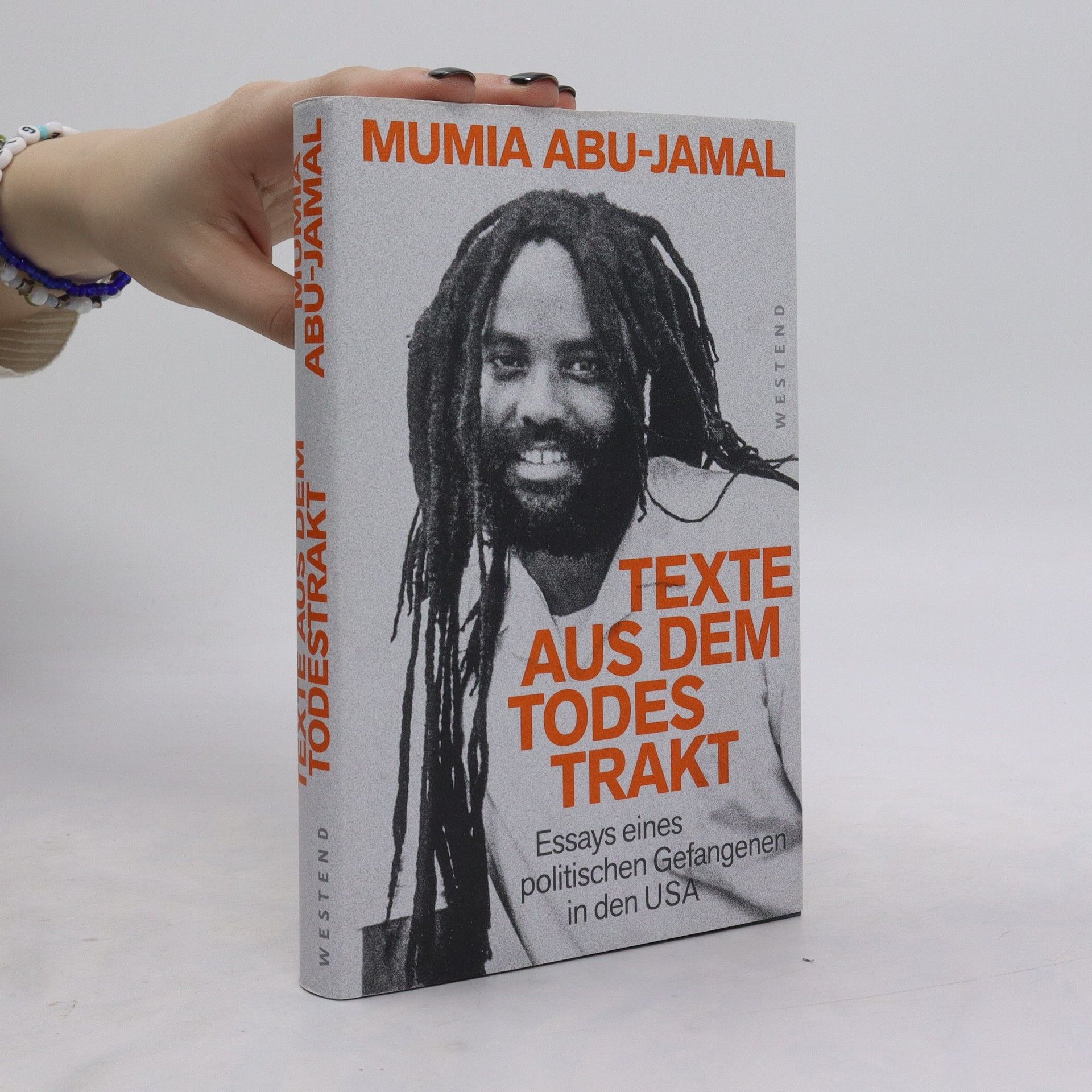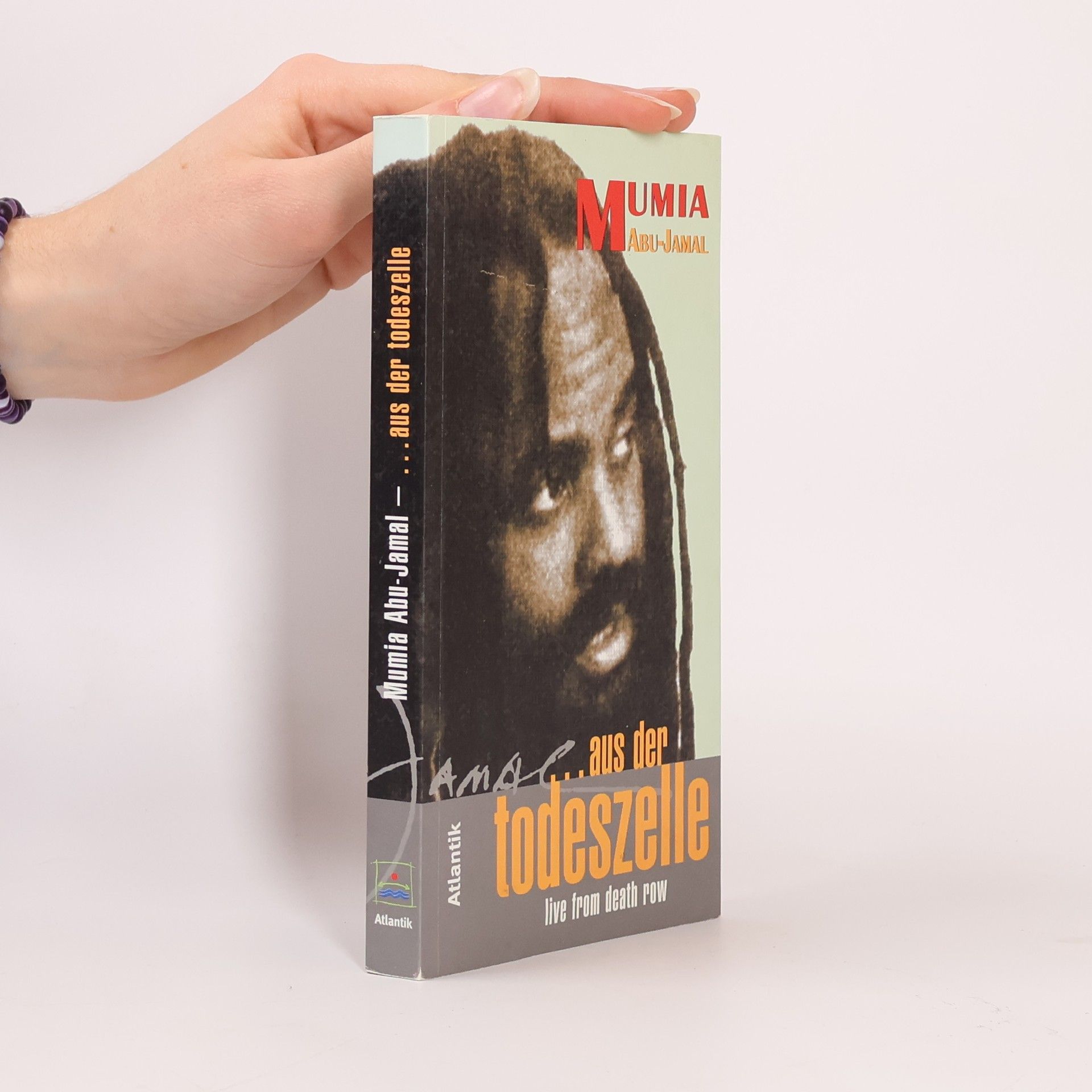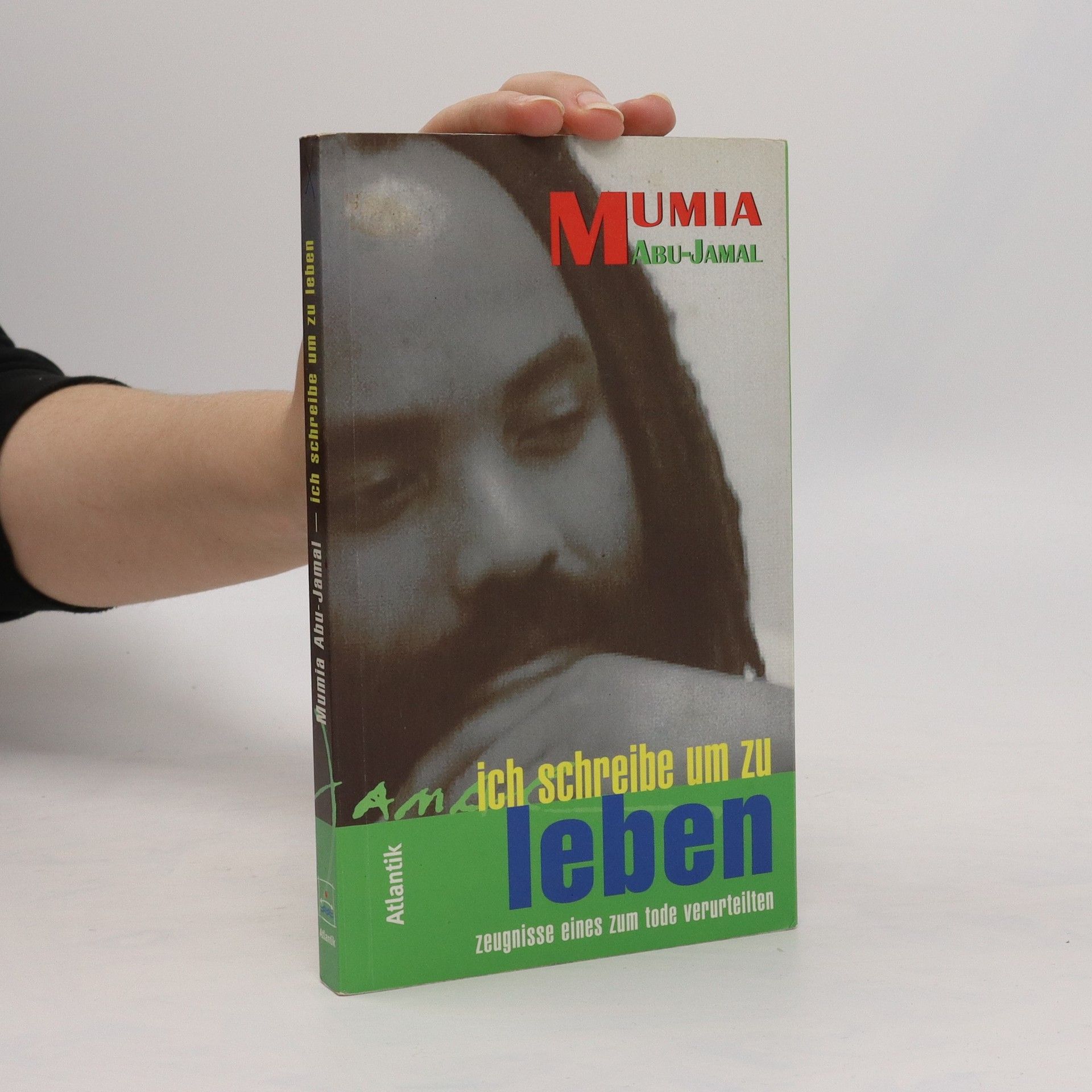Texte aus dem Todestrakt
Essays eines politischen Gefangenen in den USA
Mumia Abu-Jamal sitzt seit über 40 Jahren im Gefängnis - zu Unrecht zum Tode verurteilt, wie seine Unterstützer sagen. Denn die ihm vorgeworfene Tat kann so, wie vor Gericht behauptet, nicht stattgefunden haben. Wurde an ihm ein Exempel statuiert? Doch Abu-Jamal lässt sich nicht zum Schweigen bringen. Seit über 30 Jahren verfasst er Beiträge für die Gefangenenplattform PRISON RADIO zu aktuellen politischen und gesellschaftlichen Themen wie der Todesstrafe, den regressiven Tendenzen der US-Strafjustiz, Rassismus, dem Trump-Mob, Kapitalismus, Krieg und Klimakrise oder der Beziehung indigener Gesellschaften zur Ökologie. Die hier versammelten Essays erscheinen zum größten Teil erstmals auf Deutsch.




